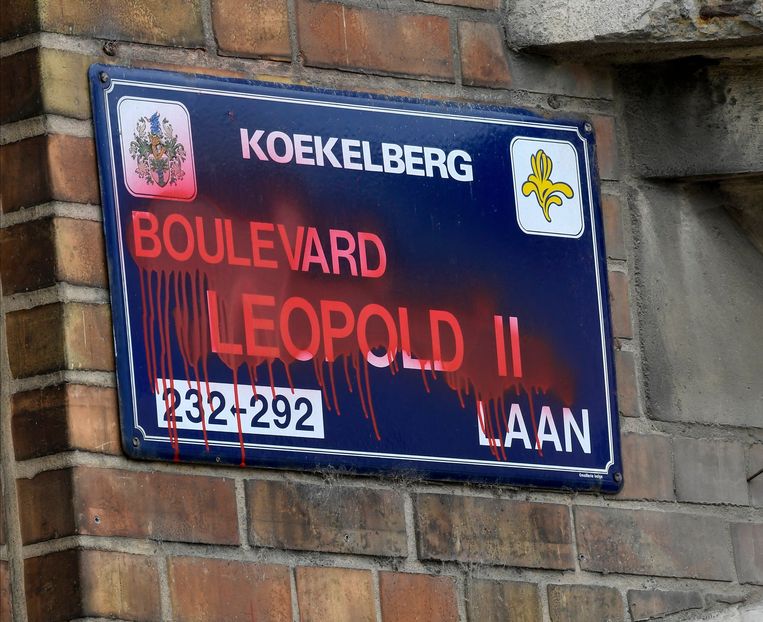Half of all Belgians think the country did more good than harm in colonising Congo, according to a study carried out by the university of Antwerp and the Museum of Central Africa in Tervuren.
At the same time, however, three out of four of those who responded to the study said Belgium ought to apologise to Congo for its colonial past.
The respondents were first quizzed on their knowledge of the colonial period, and their scores may, the pollsters suggest, explain the contradictory responses.
The average score in the tests was 7.5 points out of a possible 20, while barely one in three of those taking part managed a score of 10 points.
According to researcher Zeger Verleye, the apparent lack of knowledge of the history of Belgium in Congo is due to a lack of teaching materials and time in schools.
“Even the new proposals to make this subject compulsory in the school system do not go far enough,” he said.
“It seems as if people do not understand the connection between the Congo Free State of King Leopold II (1885-1908) and the Belgian Congo (1908-1960). The abomination of Leopold II in Congo is regarded as something negative, but the Belgian Congo, on the other hand, evokes positive feelings, because ‘we did good things there, didn't we?’" Verleye told Het Nieuwsblad.
The results, or that part of them that sees colonial rule as a net benefit for the colonised, stand in sharp contrast to the recent anti-colonial movement whose objectives range from having the King apologise for Belgium’s actions to the changing of street names to wipe out any tribute to the colonists – including King Leopold II himself – to pulling down and vandalising statues of those associated with the colonial regime, again including Leopold.
On those issues, meanwhile, the study reveals that 77% of people wanted structural measures for the removal of colonial tributes from the streetscape, including 60% who want to see statues of colonial figures removed from public places and placed in museums.
However there was less support for the changing of street names, although respondents were largely in favour of adding some explanatory text to street signs.
“It's as if people feel like something is being taken from them,” Verleye said.
The study, he said, demonstrates a wide gap between what the public wants and what politicians are prepared to argue for.
“The people want there to be an apology, but our representatives do not seem to have any feel for what is going on among the people. They are mainly trying to reach a consensus instead of doing something concrete. We hope this research makes it clear that there is support for action.”
Alan Hope
The Brussels Times

